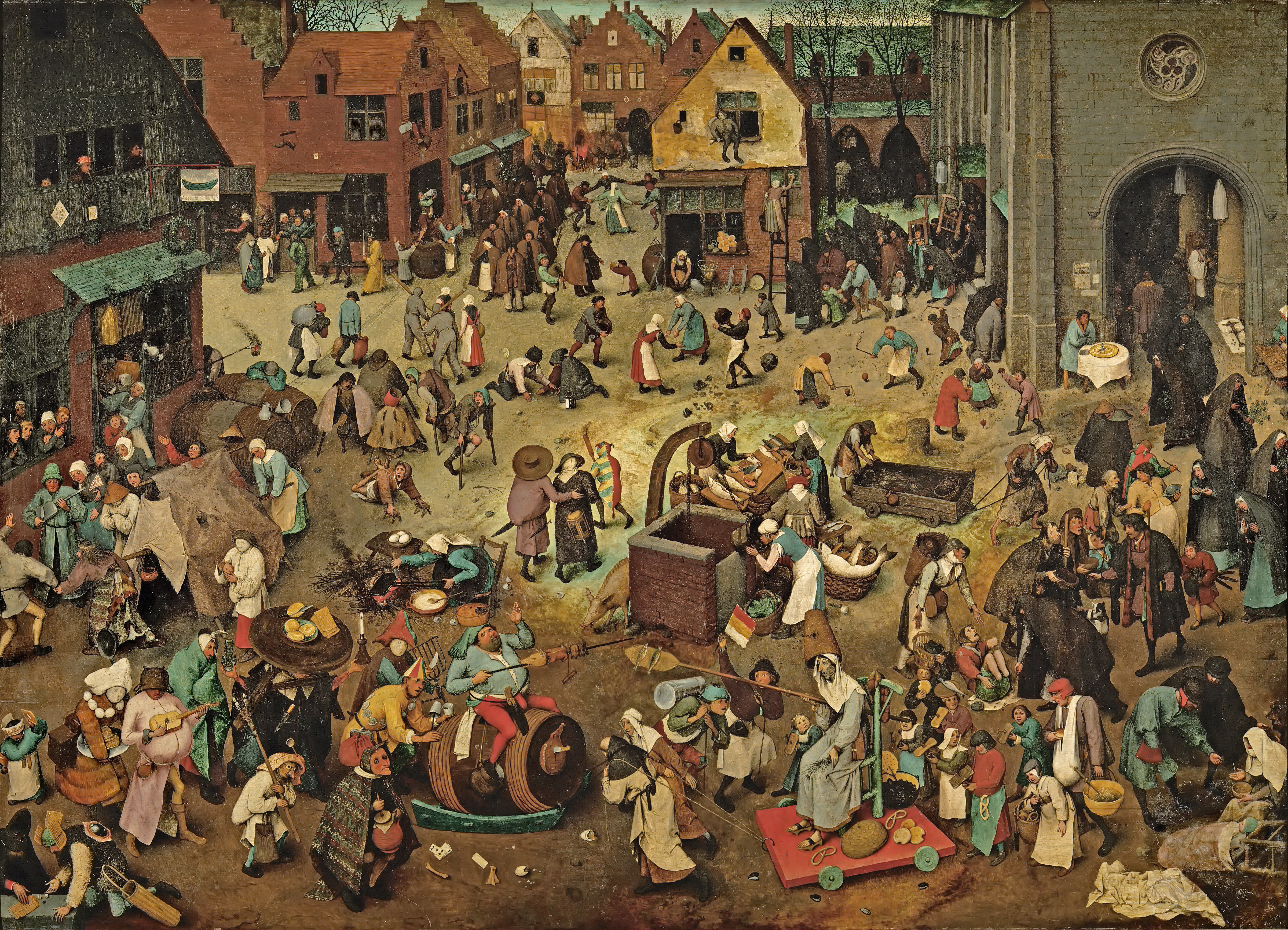Due: Friday, June 3.
Submission guidelines: Submit by email before midnight (kevin.curran@unil.ch). The essay should be in Word format and the file title should be your last name (i.e. Johnson.doc). I will return graded essays to you by email with comments inserted using the Word comments feature.
Length: 2,000 (approx.)
The major
assignment of the course, the Research Paper should demonstrate:
(1) that you have read the relevant play or plays you're writing on
closely.
(2) that you know how to advance a focused, clear argument and support it
with evidence.
(3) that you know how to position that argument in relation to
the ideas of other critics. (Please engage with at least one piece of criticism)
(4) that you know how to analyze literary texts
in a way that is responsive to cultural and historical context.
(5) that you know how to document sources and quotations properly. (Please follow the MLA Handbook for matters of documentation and style.)
Also, of course:
(6) your research
paper is expected to be free from basic problems of grammar and spelling.
You may choose to write on any topic that relates to our course his semester. If you don't already have something in mind, below are some (very broad) areas of inquiry to help you start thinking.
Any play (or plays) in relation to a specific acting company
Any play (or plays) in relation to a specific theater
Drama and print
The material conditions of performance
Spectatorhip
Drama and politics (best to focus on a specific context or event)
Gender and sexuality (including either, or both, femininity and masculinity)
Drama and the Global Renaissance (Tamburlaine?)
Drama and urban experience
The city and/as the stage
The the development of tragedy
The ethics of tragedy
Sources and analogues (native, continental, classical, Biblical)
Drama and the history of emotions
Drama and the senses
English Renaissance Drama
Monday, May 2, 2016
Thursday, April 28, 2016
Thomas Middleton (1580-1627)
Thomas Middleton, A Chast Mayd in Cheape-Side (London, 1630)
(likely written and performed in 1613)
Below: Pieter Bruegel the Elder, The Fight Between Carnival and Lent (1559)

Thursday, April 21, 2016
Thursday, April 14, 2016
Thursday, April 7, 2016
Francis Bacon, "Of Revenge" (1625)
REVENGE is a kind of wild justice; which the
more man’ s nature runs to, the more ought
law to weed it out. For as for the first wrong, it
doth but offend the law; but the revenge of that
wrong, putteth the law out of office. Certainly, in
taking revenge, a man is but even with his enemy;
but in passing it over, he is superior; for it is a
prince’s part to pardon. And Solomon, I am sure,
saith, It is the glory of a man, to pass by an offence.
That which is past is gone, and irrevocable; and
wise men have enough to do, with things present
and to come; therefore they do but trifle with
themselves, that labor in past matters. There is no
man doth a wrong, for the wrong’s sake; but
thereby to purchase himself profit, or pleasure, or
honor, or the like. Therefore why should I be
angry with a man, for loving himself better than
me? And if any man should do wrong, merely out
of ill-nature, why, yet it is but like the thorn or
briar, which prick and scratch, because they can
do no other. The most tolerable sort of revenge, is
for those wrongs which there is no law to remedy;
but then let a man take heed, the revenge be such
as there is no law to punish; else a man’s enemy is
still before hand, and it is two for one. Some, when
they take revenge, are desirous, the party should
know, whence it cometh. This is the more generous. For the delight seemeth to be, not so much in
doing the hurt, as in making the party repent. But
base and crafty cowards, are like the arrow that
flieth in the dark. Cosmus, duke of Florence, had a
desperate saying against perfidious or neglecting
friends, as if those wrongs were unpardonable;
You shall read (saith he) that we are commanded
to forgive our enemies; but you never read, that we
are commanded to forgive our friends. But yet the
spirit of Job was in a better tune: Shall we (saith
he) take good at God’s hands, and not be content to
take evil also? And so of friends in a proportion.
This is certain, that a man that studieth revenge,
keeps his own wounds green, which otherwise
would heal, and do well. Public revenges are for
the most part fortunate; as that for the death of
Caesar; for the death of Pertinax; for the death of
Henry the Third of France; and many more. But
in private revenges, it is not so. Nay rather, vindictive persons live the life of witches; who, as they
are mischievous, so end they infortunate.
The Memorial of Lord Darley (1567)

In the foreground, the infant James Stuart (later King James VI and I of Scotland and England) says, "Arise, O Lord, and avenge the innocent blood of the king my father, and I beseech thee defend me with thy right hand."
Thursday, March 10, 2016
Tamburlaine: Cultural Contexts
Richard Knolles, A Generall Historie of the Turkes (1603)
Richard Hakluyt, The Principal Navigations (1598-1600)
Abraham Ortelius, Theatrum Orbis Terrarum (1570; this image from 1603 ed.)
See Ortelius's map of the Middle East here.
(attr.) Robert Greene and Thomas Lodge, The Tragedy of Selimus (1638)
Robert Daborne, A Christian Turn'd Turke (1612)
(attr.) George Peele, The Battle of Alcazar (1594)
Richard Hakluyt, The Principal Navigations (1598-1600)
Abraham Ortelius, Theatrum Orbis Terrarum (1570; this image from 1603 ed.)
See Ortelius's map of the Middle East here.
(attr.) Robert Greene and Thomas Lodge, The Tragedy of Selimus (1638)
Robert Daborne, A Christian Turn'd Turke (1612)
(attr.) George Peele, The Battle of Alcazar (1594)
Subscribe to:
Comments (Atom)





